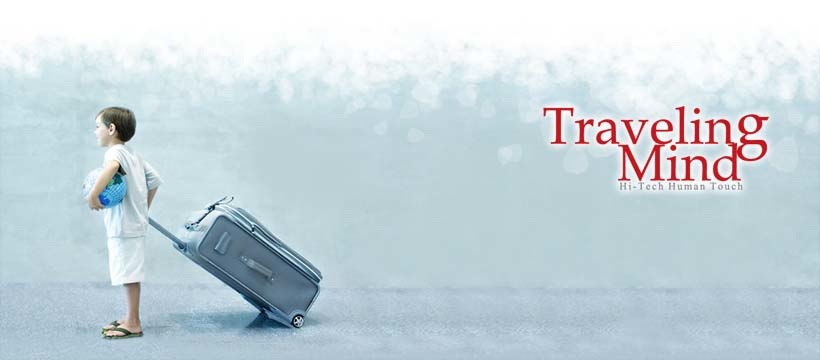This time around, I want to talk about books. Particularly
about titles that I read in 2011 that are worth some reviews; I reckon too much
of FingerTec talk sometimes could bore the audiences.
6. The White Tiger - Aravind Adiga
Last year, I bought about 100 books in total and a few eBooks
from Kobo and not counting my magazine subscriptions. Some books are for
references; some are trashed after a few chapters, and only 30 or so that I
read cover to cover. Here I introduce a few English books that I like.
1. MacroWikinomics: Rebooting Business and The World - Don Tapscott and Anthony D. Williams
Tapscott is a thought leader in digital world. This
MacroWikinomics should be an extension of his observation for mass
collaboration, in a larger scale after the published of Wikinomics in 2006. In
this book, he gives some true examples on how MacroWikinomics happened in
business, government and civil society.
2. A World
Without Islam - Graham E. Fuller
This book is NOT about criticizing Islam. In fact it concluded that
the global confrontations wouldn’t be lesser if the world is without Islam. Fuller,
a former vice chairman of the National Intelligence Council at the CIA gives a
lot of analysis and proofs that the conflicts and tensions that exist between
the West and the East are geopolitically mounted, rather than caused by religious
origins. The discussions are not confined to Islam only; in relation to Islam, it
broadly covers the Christianity, cultural, politics, economic, history and
more.
3. Steve Jobs - Walter Isaacton
I don’t prefer celebrity biographies, and I hardly buy or
read any memoir. But this was an exception to me. We are in an IT-related
business and a person like Steve Jobs is such a legend that the details of his
life are worth a look at.
4. The Takeover - Stephen Frey
I bought this book in a second-hand
bookstore. I have a few books of Stephen Frey, some I finished and some I discarded
half way. My last purchase, Hell’s Gate unfortunately felt in the latter
category. This one so far I think is his best. If you want business world’s
thriller, this is it.
5. Fall of Giants - Ken Follet
I have a full
collection of Ken Follet’s books. This is the first book of his trilogy about
the change of the major world powers before and after the World War 1, written
in a style that gives it a lot more fun than a history book. I would definitely
consider getting his second installment due this coming September.
This is Aravind Adiga’s debut novel that won him a Booker Prize. I
bought the book, expecting some surprises to be in store and it didn't disappoint.
I must say that I enjoy books written by Indian writers, especially one like
Rohinton Misty who beautifully and powerfully depicts the harsh life in India.
Aravind’s White Tiger novel has a more comical feel. The low-life chauffeur
turned “social entrepreneur” tells his own story, justifying his crime, and at
the same time, revealing the rampant corruption that has eroded the Indian
democracy system.
7. The Fear Index - Robert Harris
In my view, I found Ghost
Writer more interesting in film rather than a read, but nevertheless,
Robert Harris is still one of my favorite writers. His latest work, The Fear
Index, is a combination of technological, financial and psychological fiction,
which brings an interesting and creative turn to the book.
His ancient Rome trilogy, based on the
tale of Cicero’s slave secretary, Tiro, is another intriguing piece although it
seems like Robert Harris has totally forgotten his mission to complete the
trilogy - after the publication of Imperium and Lustrum, I, for one, have been
eagerly awaiting for news of the third and final part.
8. Animal Farm - George Orwell
We all know George Orwell because of his classical 1984, which was
first published in 1948, the famous prophetic haunting tale about the “Thought
Police” and the “Big Brother”. This novel was first published in 1946; and I bought
the digital copy, as the printed copy is a rare in major bookstores. Both Animal Farm and 1984 criticize totalitarianism, and the author uses animals
as characters in his Animal Farm.
by Teh Hon Seng, CEO, FingerTec HQ









No comments:
Post a Comment